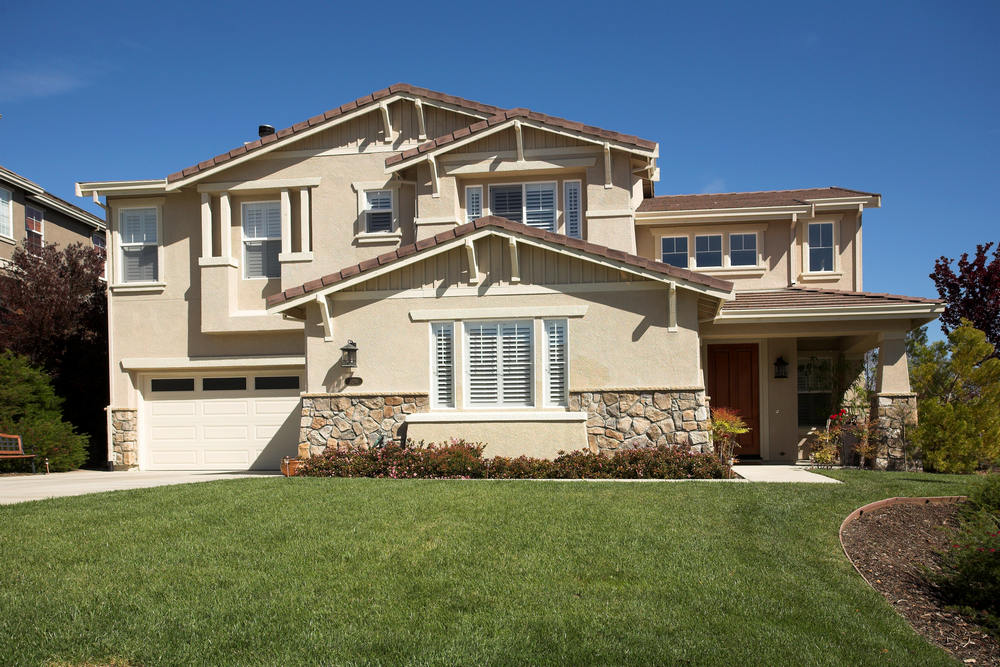
There are a bunch of different things you think about when you decide to replace your windows. Appearance is probably your first concern. Then you should also consider function and performance. A popular choice for window material is vinyl – vinyl windows have become one of the most popular window materials on the market. Vinyl windows are durable, affordable, practically maintenance-free, and energy-efficient. This article with dive into why vinyl windows are a more energy-efficient choice and how they can enhance the efficiency of your home.
What is Vinyl?
Vinyl windows have frames and sashes made of a special compound called polyvinyl chloride (PVC), a construction-level plastic. The most important ingredient is titanium dioxide, which helps make the windows heat-resistant.
Other Benefits of Vinyl Windows
In addition to energy efficiency, vinyl windows:
- Won’t scratch, rot, fade, or discolor over time
- Are easy to clean and maintain
- Will not warp
- Have affordable pricing
Why Vinyl is More Energy-Efficient
The right windows, with energy-efficient options, will help cut the cost of your energy bills. Most of our comfortable air-conditioning temperatures are lost through our windows. Vinyl is a natural thermal insulator that doesn’t transfer heat easily. When that insulation is combined with other components, vinyl windows become some of the most energy-efficient windows. Understanding the following components will help you understand the efficiency of your windows.
U-Factor or U-Value
The insulation properties of vinyl windows are measured by their U-factor, which represents the heat transfer rate. Heat is lost and gained by your windows through conduction, convection, radiation, and air leakage. The U-factor measures this heat transfer. The lower the U-factor, the better the insulation. Vinyl windows typically have a low U-factor, which means they help keep the heat inside during winter and outside during summer.
Low-E Coating & Solar Heat Gains Coefficient (SHGC)
Many vinyl windows have Low-E (low emissivity) coatings on their glass. This coating is microscopically thin layers of metallic oxide that help reduce the amount of UV and infrared light that enters your home, thus reducing the amount of heat that enters during summer and keeping the heat inside during winter.
The Solar Heat Gains Coefficient (SHGC) is the value of heat your glass absorbs. It is a number between 0 and 1. The lower the SHGC, the less heat the glass absorbs and the more efficient it is. Low-E coatings and a low SHGC for the glass in your vinyl windows help maintain comfortable temperatures all year.
Multiple Panes and Weatherstripping
Double- or triple-paned windows further reduce energy transfer and help keep your home more comfortable. Vinyl windows often come with multiple panes, which offer additional insulation. These windows also come with weatherstripping that seals the gaps between the window and the frame, preventing drafts and air leakage.
What to Look for in Energy-Efficient Vinyl Frames
The characteristics of quality vinyl:
- Uniform, pure white coloring throughout the frame
- Heat welded joints
- Multiple-paned glass with Low-E coatings
Energy-Efficient Windows with American Window Concepts
Replacing your windows is a big investment, and the best way to get the most out of that investment is by choosing the best energy-efficient windows. At American Window Concepts, our team of experts can discuss vinyl window options with you so that you can pick the ones that will best suit your needs. Click here for a FREE quote, or call (805) 833-6600 if you are in the Ventura/Santa Barbara area or (562) 512-1200 if you are in the Long Beach Area.

